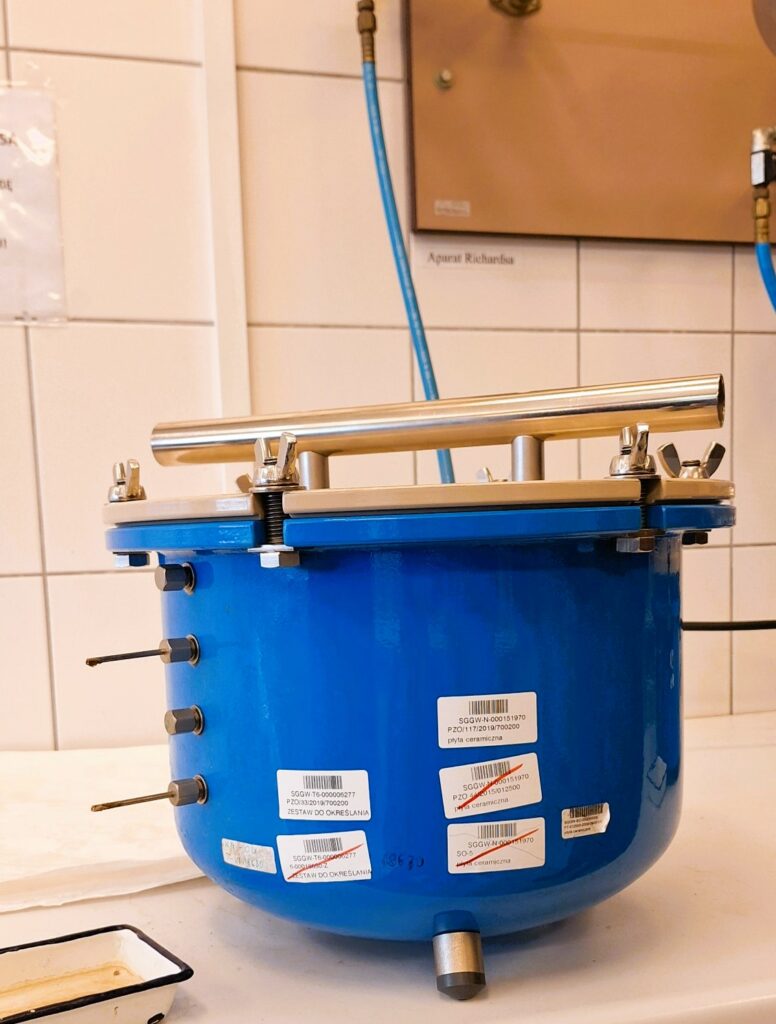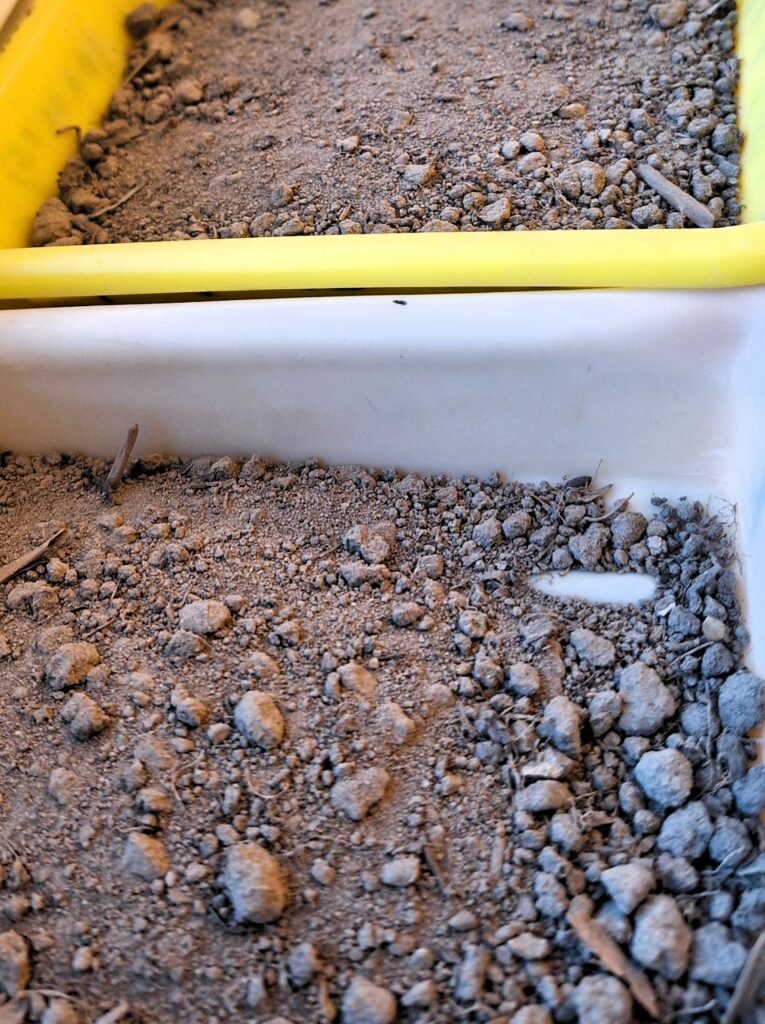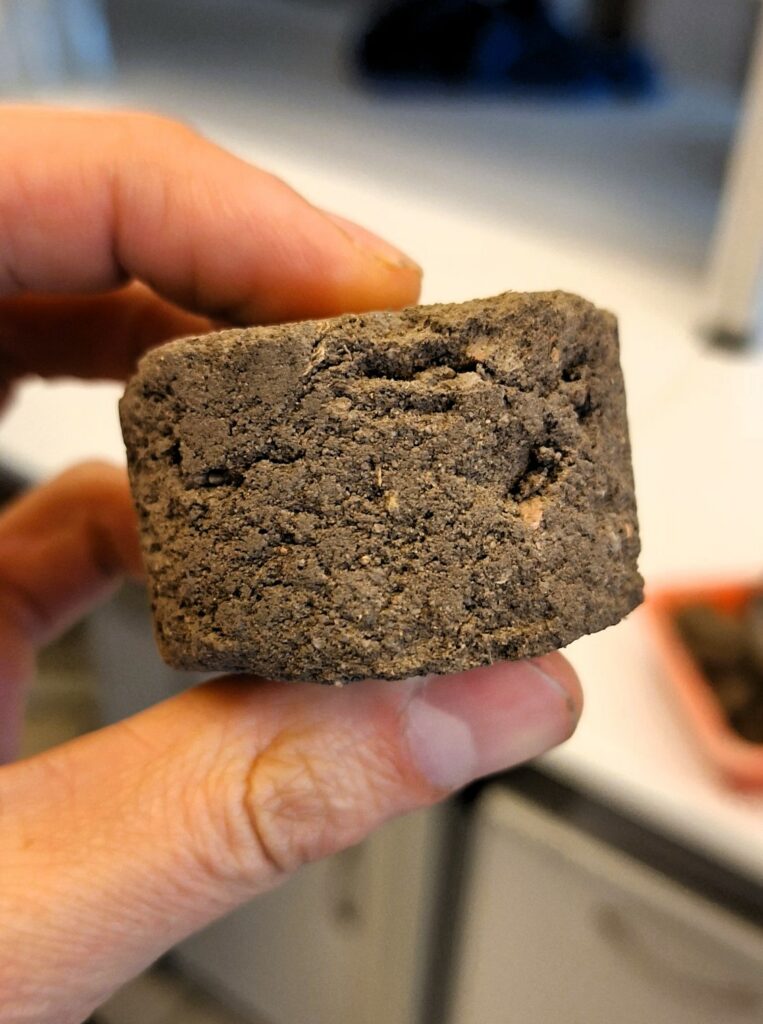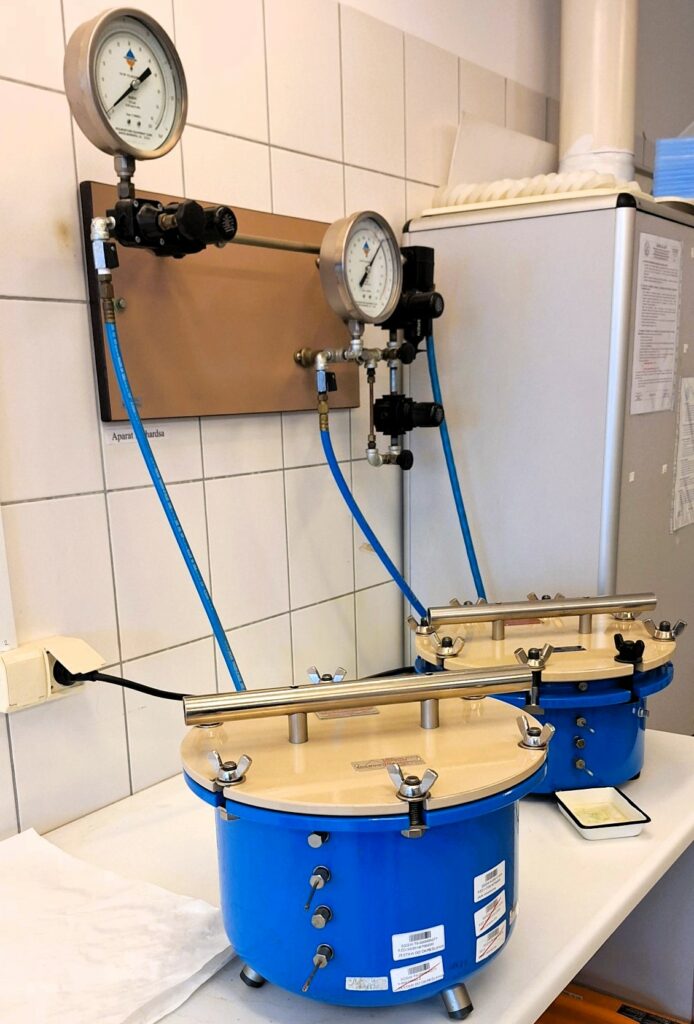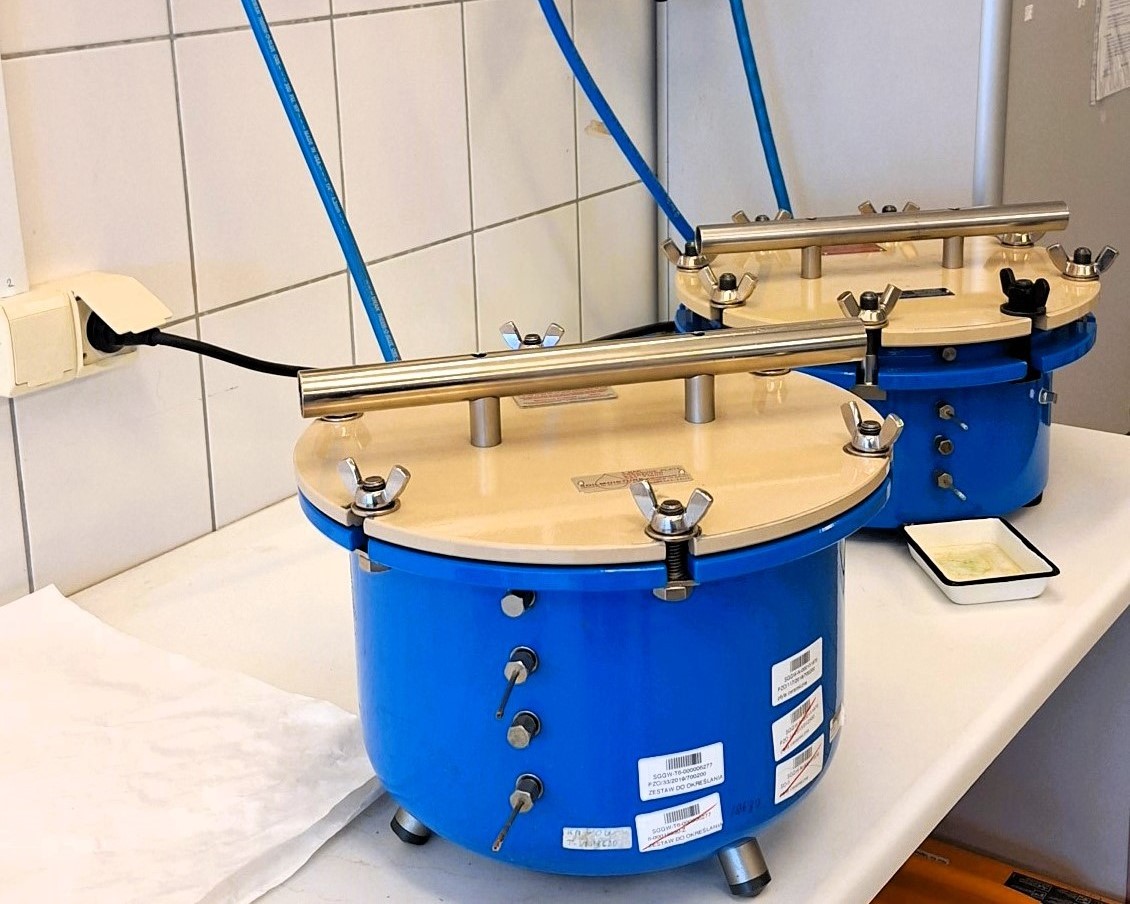Laboratory research and field experiments that we conduct focus on optimizing the carbon dioxide sequestration process using serpentinite – key areas of our research and development efforts. Equally important are studies on the impact of this rock on soil structure and crop plants.
One crucial parameter we pay attention to is the field capacity (FC). FC determines the soil’s ability to retain and store a specific amount of water in its profile, indicating water retention. Why is this important? It illustrates how much water the soil can retain, depending on its moisture content, particle size distribution, physical and chemical properties, and organic matter content.
In our initial studies, we confirmed that the application of serpentinite can increase the field capacity of the soil. Now, we are focusing on further research to better understand this process and optimize the impact of this rock on different soil types.
In recent years, in our part of Europe, we have observed an increase in the occurrence of agricultural drought, mainly due to climate change. This phenomenon significantly affects agriculture, leading to reduced yields and lower quality. The application of serpentinite can contribute to mitigating these adverse effects, representing a promising solution in addressing the impacts of agricultural drought.
